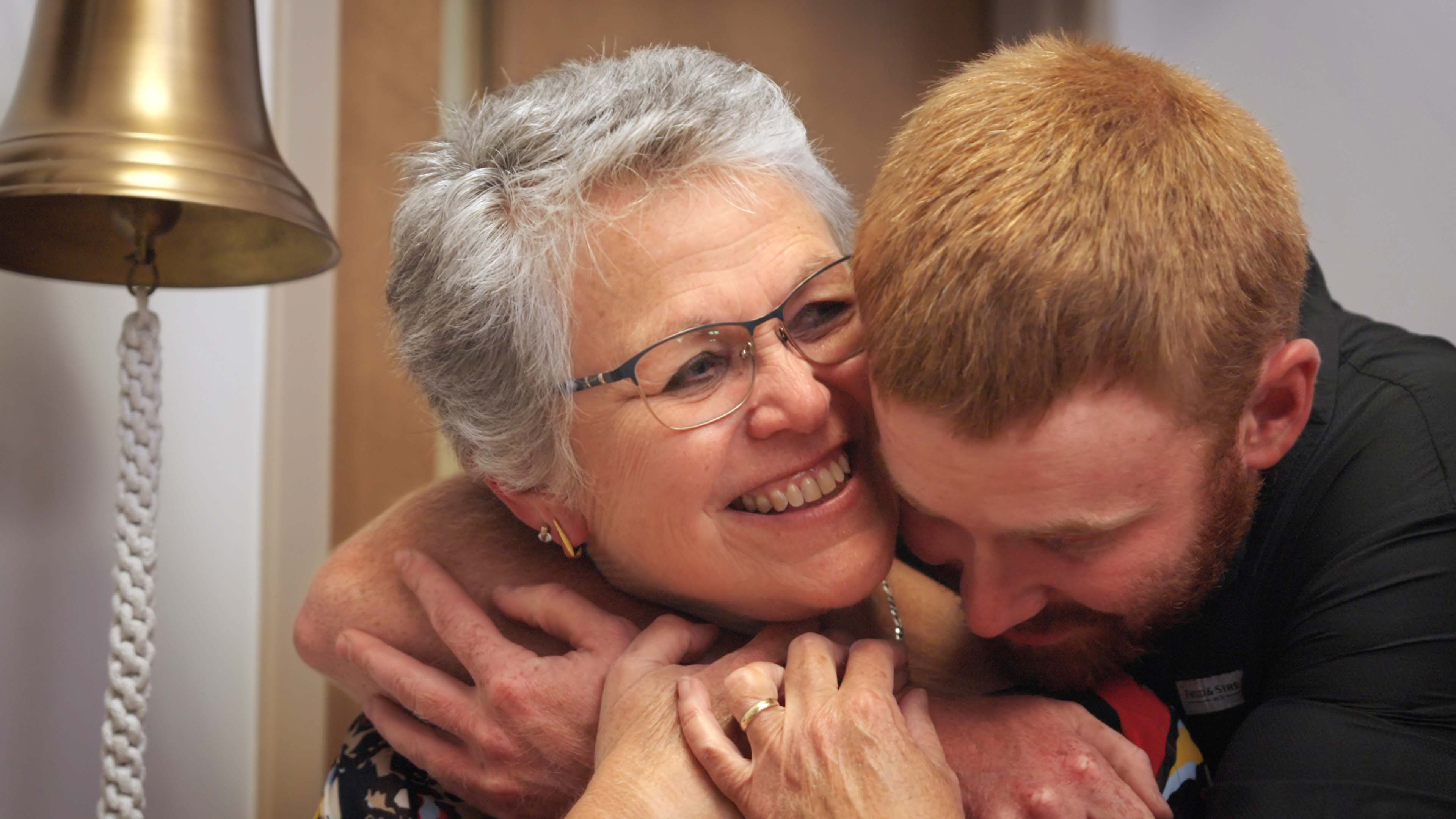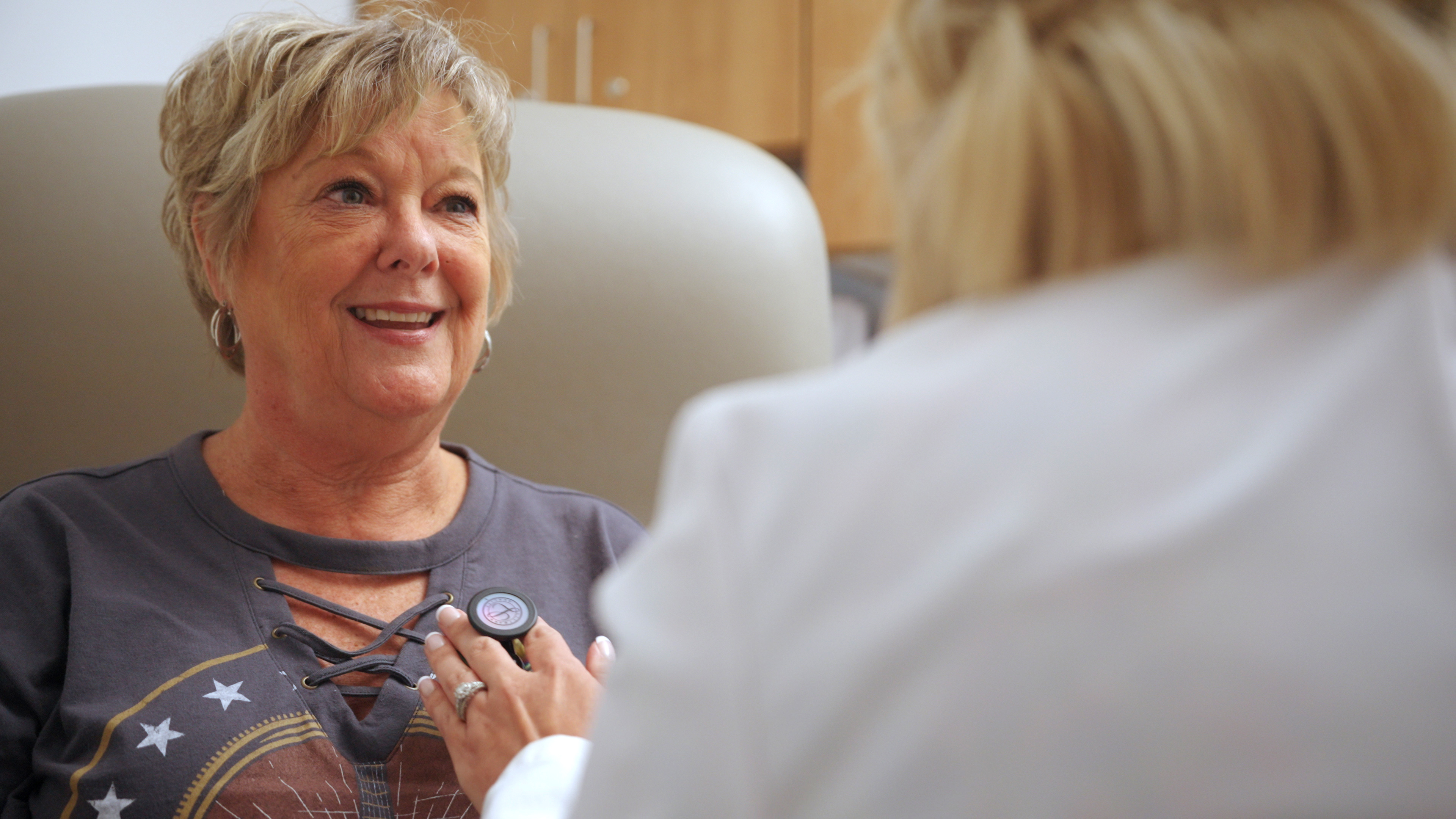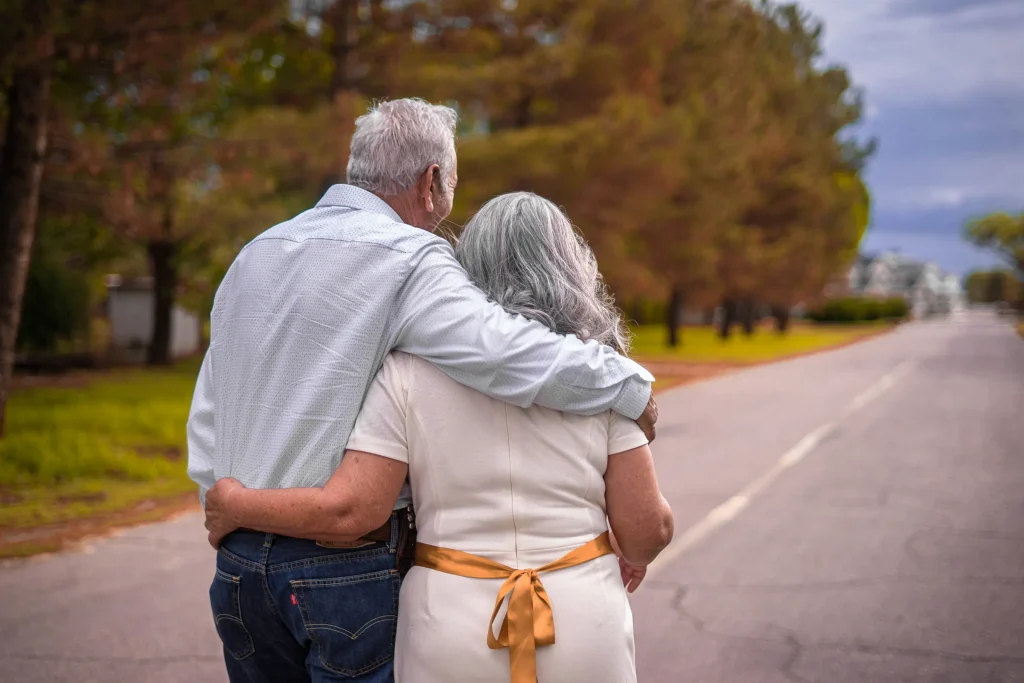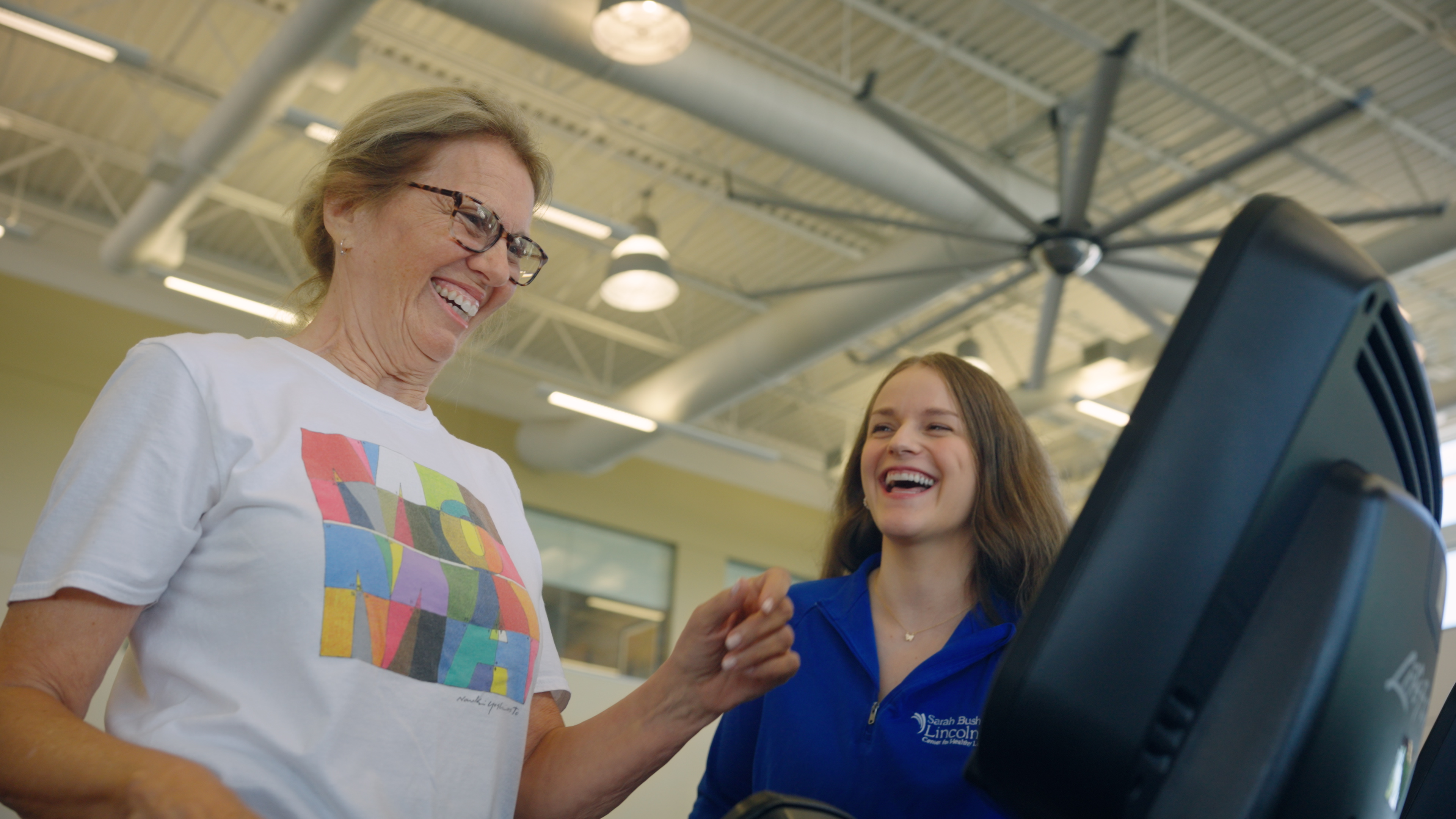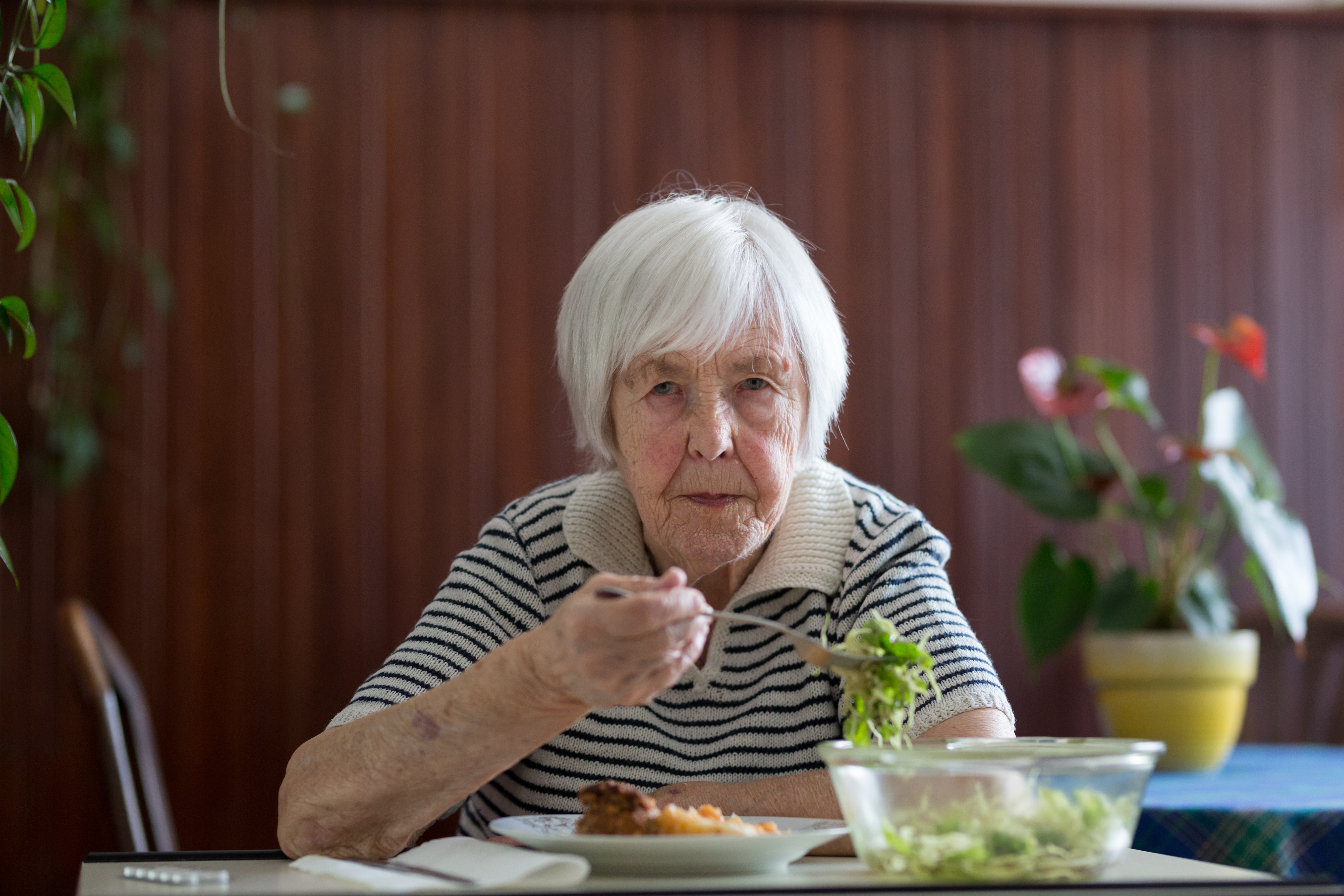School is back in session and kids are coming home with running noses and coughs. It may not be just a cold. It’s also RSV season. Respiratory Syncytial Virus (RSV) is highly contagious and is the most common cause of serious respiratory infection in infants and young children.
For most healthy children, the symptoms of RSV resemble the common cold and include runny nose, coughing and low-grade fever. However, signs of more serious RSV infection may include difficulty or rapid breathing, wheezing, irritability and restlessness and poor appetite.
Brent Ryherd, Sarah Bush Lincoln Registered Respiratory Therapist-Neonatal Pediatric Specialist, said. “We are coming into RSV season, and every year my Respiratory Therapy team and I are involved in the care of infected kids and knowing how children love to share germs, it’s no wonder they catch the virus. Kids just don’t practice hand hygiene, so infection is almost unavoidable in children.”
The most common route for transmission is via direct or personal contact with an infected person such as kissing, sharing drinks and sharing utensils. Cross-contamination can also occur via direct contact with contaminated surfaces such as toys, doorknobs, countertops and playpens.
He added, “As parents and healthcare workers it’s our responsibility to take care of our little ones when they are ill. This includes administering aerosolized medications, oral medications, and bulb suctioning or wiping their noses. Everyone should exercise proper infection control and wash their hands after contact with such. Infection in the elderly is avoidable as long as they are not the sick child’s caregivers.”
RSV accounts for more than 125,000 infant and child hospitalizations ever year and unfortunately about 2 percent of high-risk infants die. Annual epidemics occur from November to April, and virtually all children are infected by age 2, while reinfection occurs throughout life, although subsequent infections are almost always more mild.
Here are some things you can do to protect your children during RSV season:
• Make sure everyone washes his or her hands before touching your baby.
• Keep your children away from tobacco smoke. Parents should not expose their children, especially infants, to secondhand or thirdhand tobacco, which increases the risk of complications from severe viral respiratory infections.
• Keep your baby away from anyone who has a cold, fever or runny nose.
• Keep your baby away from crowded areas like shopping malls.
RSV accounts for an estimated 177,500 elderly and high-risk adult hospitalizations every year at a cost exceeding one billion dollars. It is estimated that it also accounts for an estimated 14,000 elderly and high-risk adult deaths annually. RSV symptoms in healthy adults are generally more mild: stuffy nose, cough, and chest congestion mimicking a “chest cold” but it is much more severe and lasts longer. But in adults with a chronic lung disease such as COPD, the effects can be much worse.
“Children with RSV symptoms should avoid being around older people, especially those who have a chronic illness like COPD. When someone has COPD, such as chronic bronchitis, emphysema, bronchiectasis or even asthma, and is around a sick child, there is a good chance of exacerbating the illnesses or causing a hospitalization or worse,” Ryherd said.
He added, “If you are someone living with COPD, make it known ahead of time to everyone in your family that if anyone is exhibiting these symptoms, please wait a few weeks before you come around.”
For more information call Ryherd, RRT-NPS at 217 238-3522.

